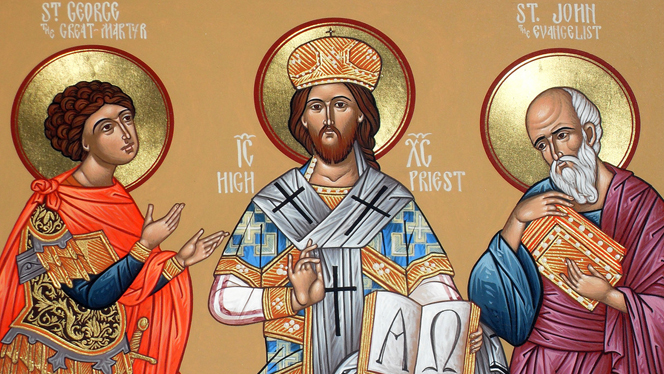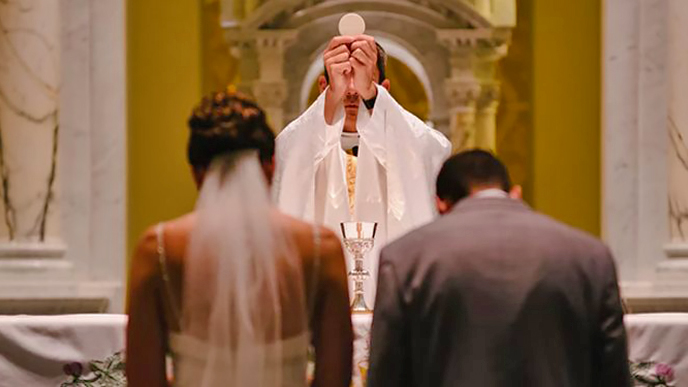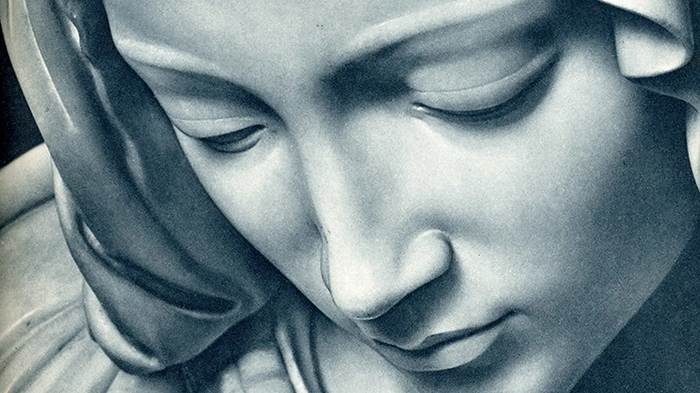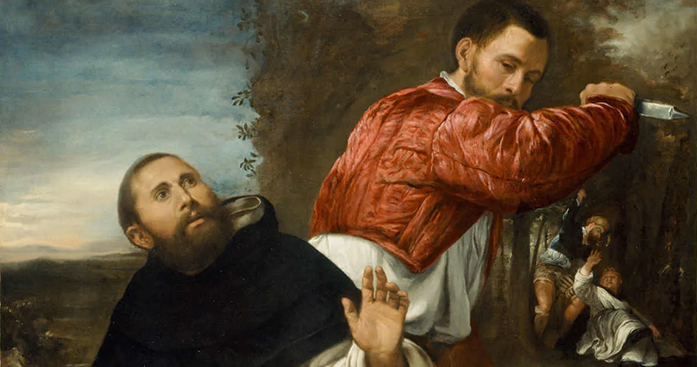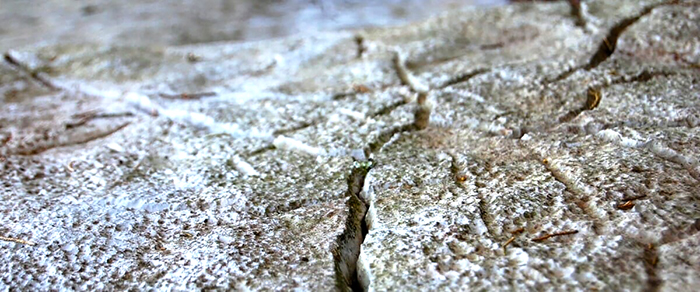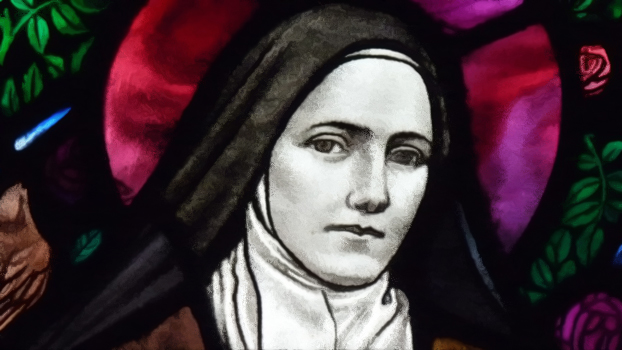
Mary Ann Evans, known by her pen name George Eliot, was an English novelist, poet, journalist, translator, and one of the leading writers of her time. Eliot points out in her novel Middlemarch that we don’t need to do great things that leave a significant mark on human history because “the growing good of the world is partly dependent on unhistoric acts, and that things are not so ill with you and me as they might have been is half owing to the number who lived faithfully a hidden life and rest in unvisited tombs.” Fr. Rolheiser writes that history bears this out. “I think, for instance, of Therese of Lisieux who lived out her life in obscurity in a little convent tucked away in rural France, who when she died at age twenty-four, was probably known by fewer than one hundred people. In terms of how we assess things in this world she accomplished very little, nothing in terms of outstanding achievement or visible contribution. She entered the convent at age fifteen and spent the years until her early death doing menial things in the laundry, kitchen, and garden inside her obscure convent. The only tangible possession she left behind was a diary, a personal journal with bad spelling, which told the story of her family, her upbringing, and what she experienced during her last months in palliative care as she faced death. But what she did leave behind is something that has made her a figure now renowned worldwide, both inside and outside of faith circles. Her little private journal, The Story of a Soul, has touched millions of lives, despite its bad spelling. What she records in the story of her soul is that she, fully aware of her own uniqueness and preciousness, could unbegrudgingly give that all over in faith because she trusted that her gifts and talents were working silently and powerfully inside a mystical (though real, organic) body, the Body of Christ and of humanity. She understood herself as a cell inside a living body, giving over what was precious and unique inside her for the good of the world. Anonymity offers us this invitation. There is no greater work of art that one can give to the world.”

